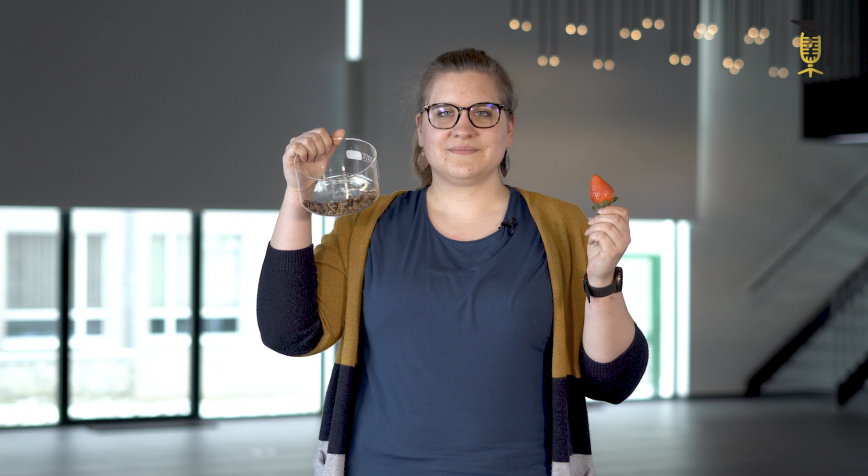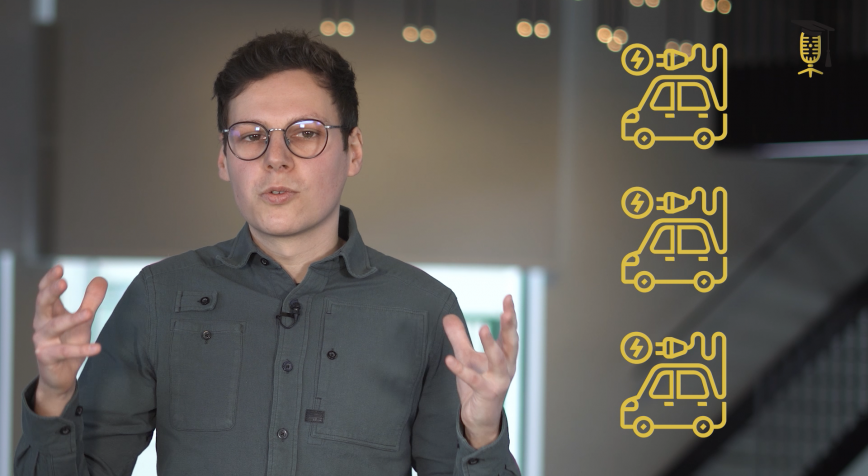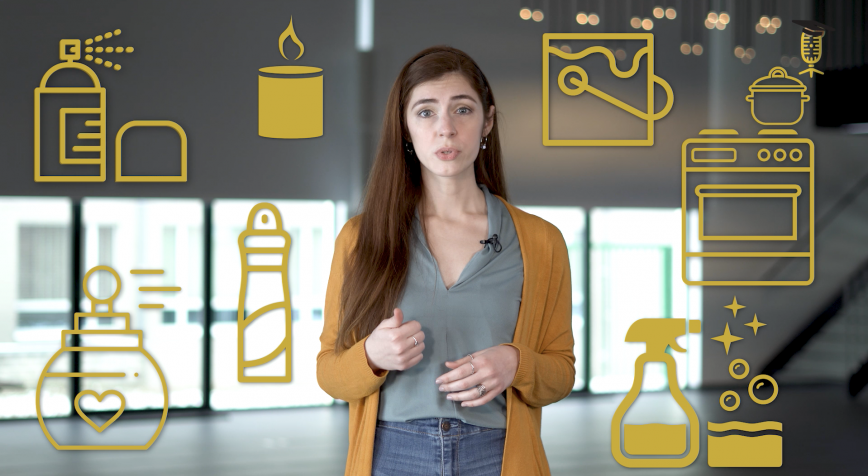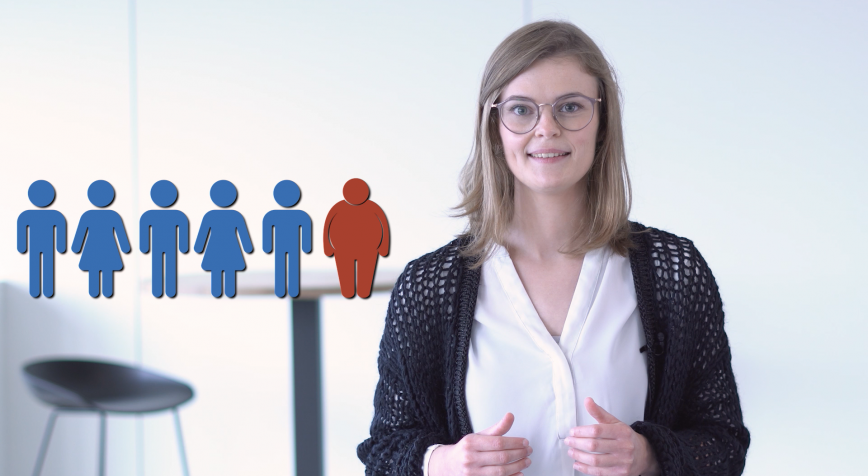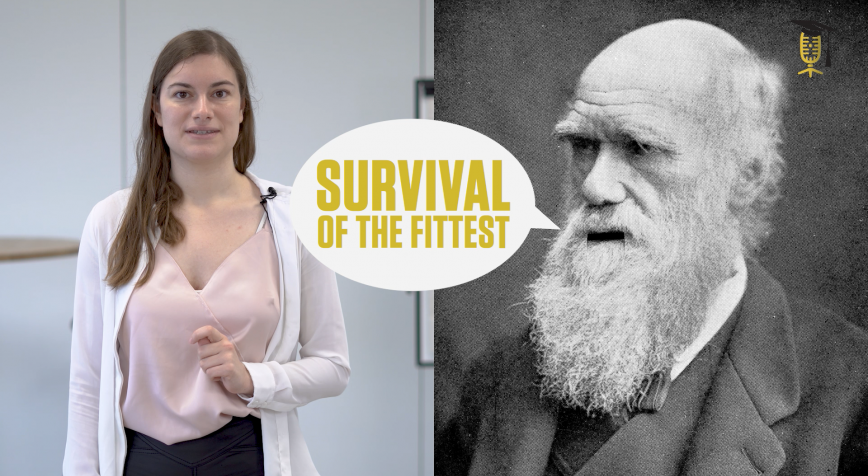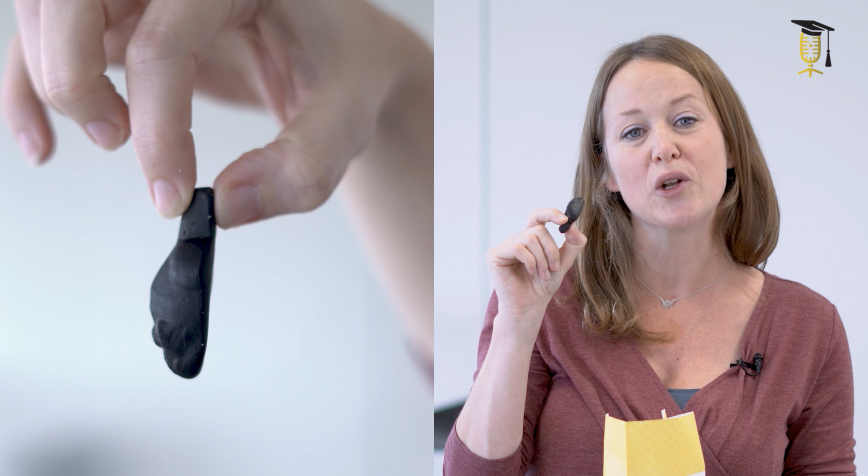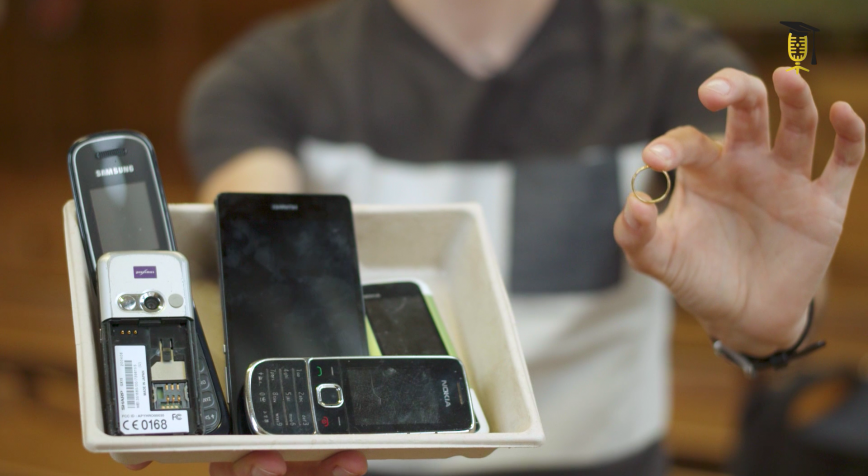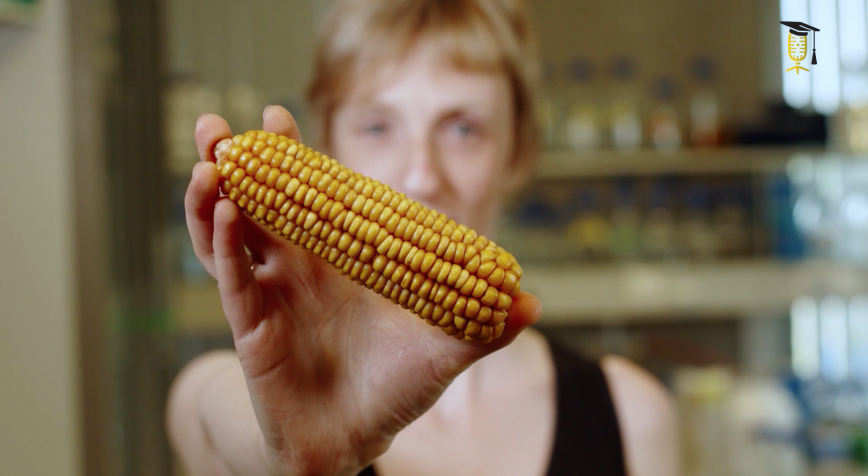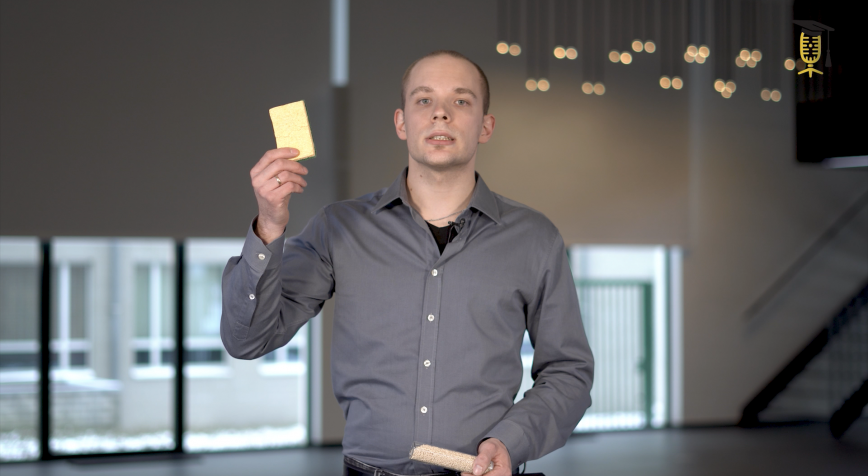
VITO
A sponge to tackle climate change
Wouldn't it be nice if we could use a sponge to suck carbon dioxide out of the air and help stop global warming? That's what Yoran De Vos (VITO) is hoping to achieve. But his sponge is nothing like an ordinary kitchen sponge.

